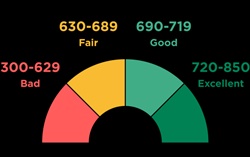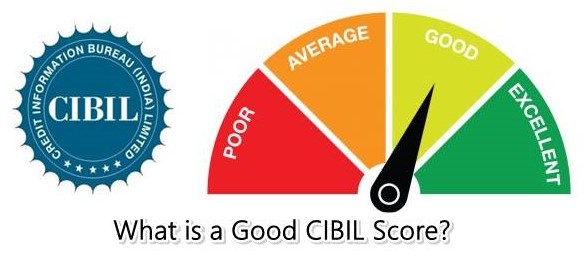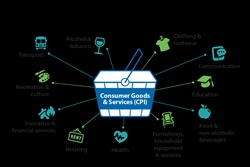
What is Good Delivery?
The unobstructed transfer of ownership of a security from a seller to a buyer, with all relevant criteria completed, is referred to as good delivery. In other words, good delivery occurs when all of the conditions for the seller to transfer title to security to the buyer have been satisfied.

This used to be a somewhat complicated operation, but owing to electronic exchanges that allow for the digital transfer and clearing of a wide Range of assets, good delivery has become much more automated and uncomplicated.
Understanding Good Delivery
When a security's transfer is unhindered by limitations or other obstacles that might prohibit its physical or virtual delivery to the buyer, this is known as good delivery. In the past, securities were inspected by a transfer agent to guarantee that individual paper certificates were validated and that all registration criteria were completed before the buyer could accept delivery.
Historically, in financial markets, timely delivery of securities from a seller to a buyer has been a problem. The buyer wanted assurance that they would receive the proper stock certificates, that they would be genuine, and that they would obtain physical delivery after paying the vendor for them. To ease trade and unify the standards for making good delivery, regulated stock exchanges and clearing houses arose as trusted third parties.
These concerns are generally a thing of the past today, thanks to electronic exchanges, automated settlement, and clearing facilities. However, the inclusion of share transfer limitations might still damage a stock's chances of performing well. Nowadays, computers are frequently the determining Factor in good delivery.
Talk to our investment specialist
Importance of Good Delivery
For a successful settlement of a securities transaction, good delivery plays an important role. However, there are a few factors that can obstruct delivery, such as neglecting to provide essential legal papers in a transaction, transfer restriction, missing wire transfer deadlines, or failing to include an endorsement. Furthermore, good delivery is not limited to stock transfers. Good delivery is frequently required by lenders, suppliers, and other parties involved in transactions.
Example of Good Delivery
Mr X owns 200 shares of Company, named ABC. In his childhood, Mr X used to get shares from his father, which he had registered in X's name. X is in need of cash and wishes to sell his stock. He contacts a broker and sets up the deal.
However, the transaction's transfer agent learns that X's stock certificate is subject to a transfer restriction. As a result, the shares are not in good condition for delivery, and the transaction cannot be completed. So, in this case, transfer restriction acts as a hindrance that prohibits good delivery. For it to be a good delivery, there should have been no restriction.
All efforts have been made to ensure the information provided here is accurate. However, no guarantees are made regarding correctness of data. Please verify with scheme information document before making any investment.












